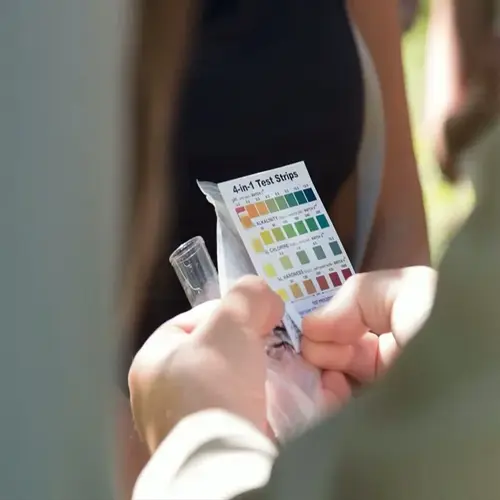Are indoor plants toxic to pets?

Written by
John Williams
Reviewed by
Prof. Henry Webster, Ph.D.Numerous favorite houseplants are harmful to pets without owners knowing. My cat's mouth was swollen after chewing on dieffenbachia. Lilies cause kidney failure in cats when they come into contact with them. Peace lilies impede the breathing of dogs. Check the safety of plants before you bring them inside.
Toxic plants include lilies, poisonous to cats, from the inflorescences or foliage. Dieffenbachia causes mouth burns and choking. Sago palms lead to liver failure in canines. Pothos causes vomiting in both species. Always obtain knowledge from the ASPCA databases before incorporating any new plants into your care.
Lily Exposure
- Cats: Kidney failure signs within 48 hours
- Action: Immediate vet care required
- Prevention: Remove all lily varieties
- Alternative: Orchids provide safe blooms
Dieffenbachia Contact
- Symptoms: Mouth swelling, drooling
- First Aid: Rinse mouth with milk
- Risk: Choking from throat inflammation
- Alternative: Spider plants offer safety
Peace lilies contain insoluble calcium oxalate. The crystals can cause mouth pain and lead to respiratory distress. One of my dogs once rubbed his face after brushing against one of these plants. Wash the affected area immediately. Replace with non-toxic Boston ferns.
Cats can vomit and have diarrhea from aloe vera, which is medicinal for humans, but the latex is dangerous for pets. I hang mine in baskets after my kitten got ill. Haworthia has a similar look but is safe.
Put safety measures in place. Keep toxic plants on high shelves. Use sprays that have a bitter taste on the leaves. Create pet-free zones. I use baby gates to protect my collection from my pets. Do regular safety checks to prevent any emergencies.
Opt for well-known safe options like spider plants or African violets. These species flourish indoors without becoming a safety hazard. My cat has been chewing away at the spider plant leaves harmlessly! You get decorative greenery while being safe about what you keep in your home.
Read the full article: Toxic Plants for Pets: Ultimate Safety Guide
